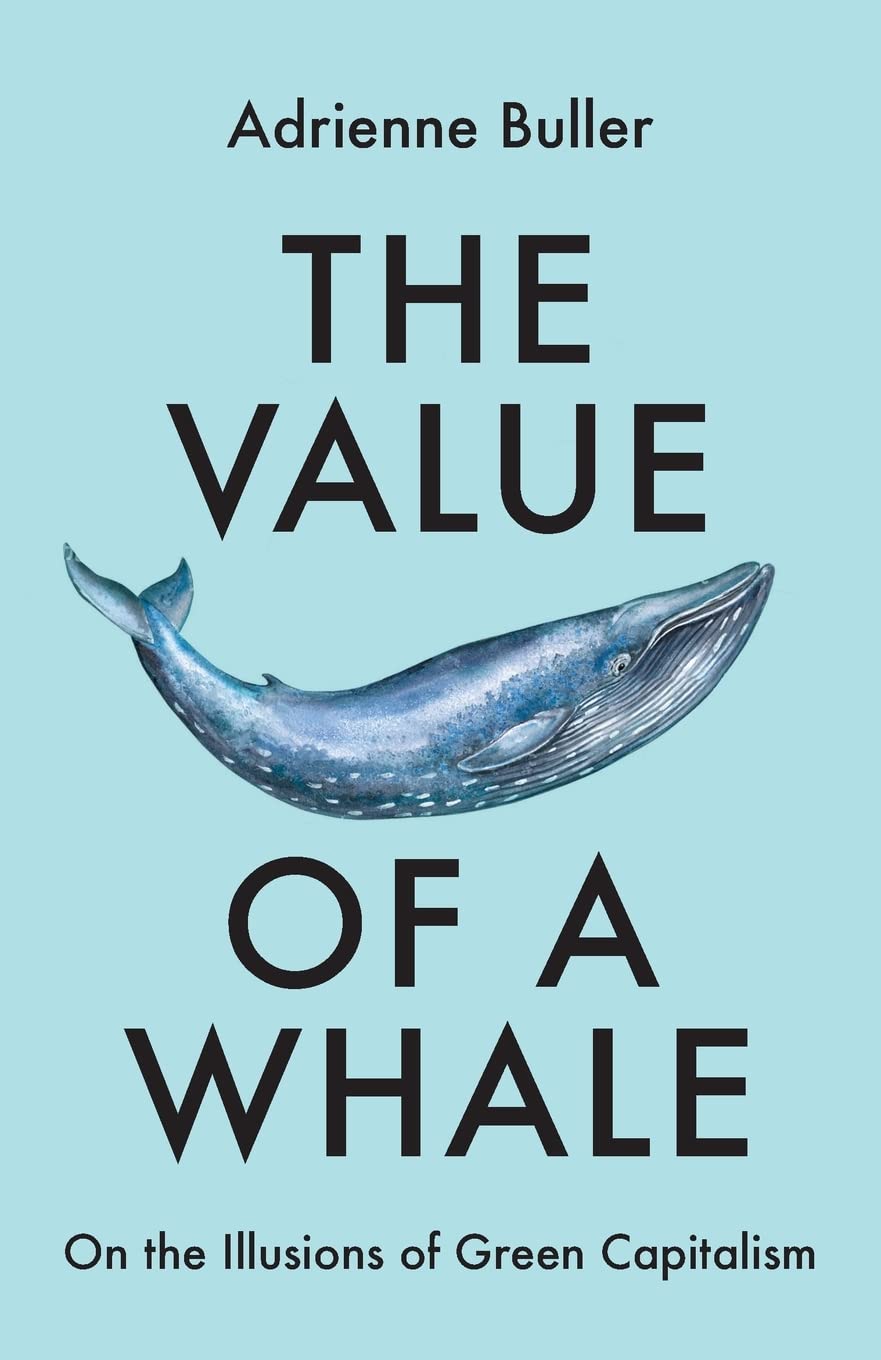

Most ebook files are in PDF format, so you can easily read them using various software such as Foxit Reader or directly on the Google Chrome browser.
Some ebook files are released by publishers in other formats such as .awz, .mobi, .epub, .fb2, etc. You may need to install specific software to read these formats on mobile/PC, such as Calibre.
Please read the tutorial at this link: https://ebookbell.com/faq
We offer FREE conversion to the popular formats you request; however, this may take some time. Therefore, right after payment, please email us, and we will try to provide the service as quickly as possible.
For some exceptional file formats or broken links (if any), please refrain from opening any disputes. Instead, email us first, and we will try to assist within a maximum of 6 hours.
EbookBell Team

4.7
86 reviewsPublic understanding of, and outcry over, the dire state of the climate & environment is greater than ever before. Parties across the political spectrum claim to be climate leaders, & overt denial is on the way out. Yet when it comes to slowing the course of the climate & 1nature crises, despite a growing number of pledges, policies & summits, little ever seems to change. Nature is being destroyed at an unprecedented rate. We remain on course for a catastrophic 3°C of warming. What's holding us back?
In this searing & insightful critique, Adrienne Buller examines the fatal biases that have shaped the response of our governing institutions to climate & environmental breakdown, & asks: are the ‘solutions’ being proposed really solutions? Tracing the intricate connections between financial power, economic injustice & ecological crisis, she exposes the myopic economism & market-centric thinking presently undermining a future where all life can flourish.
The book examines what is wrong with mainstream climate & environmental governance, from carbon pricing & offset markets to 'green growth', the commodification of nature & the growing influence of the finance industry on environmental policy. In doing so, it exposes the self-defeating logic of a response to these challenges based on creating new opportunities for profit, & a refusal to grapple with the inequalities & injustices that have created them. Both honest & optimistic, The Value of a Whale asks us – in the face of crisis – what we really value.
This book is relevant to United Nations Sustainable Development Goal 11, Sustainable cities & communities